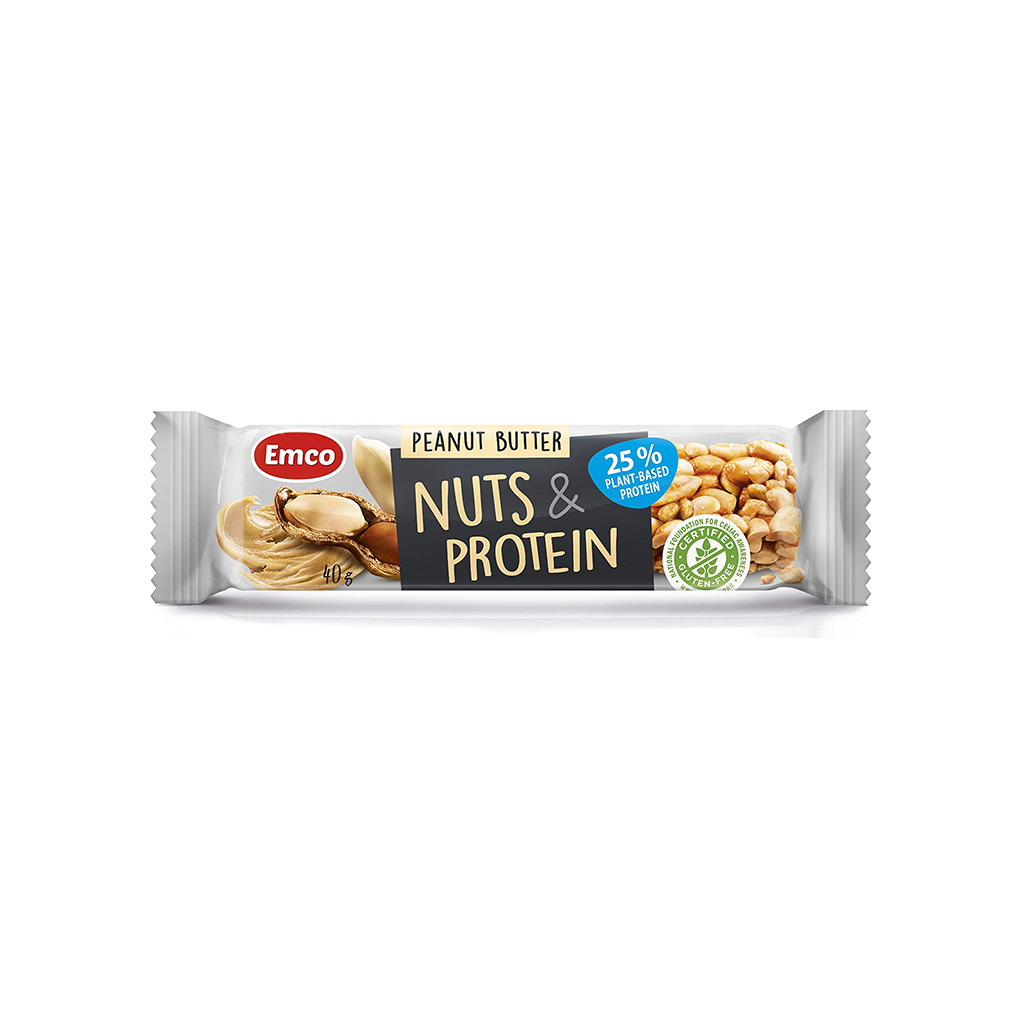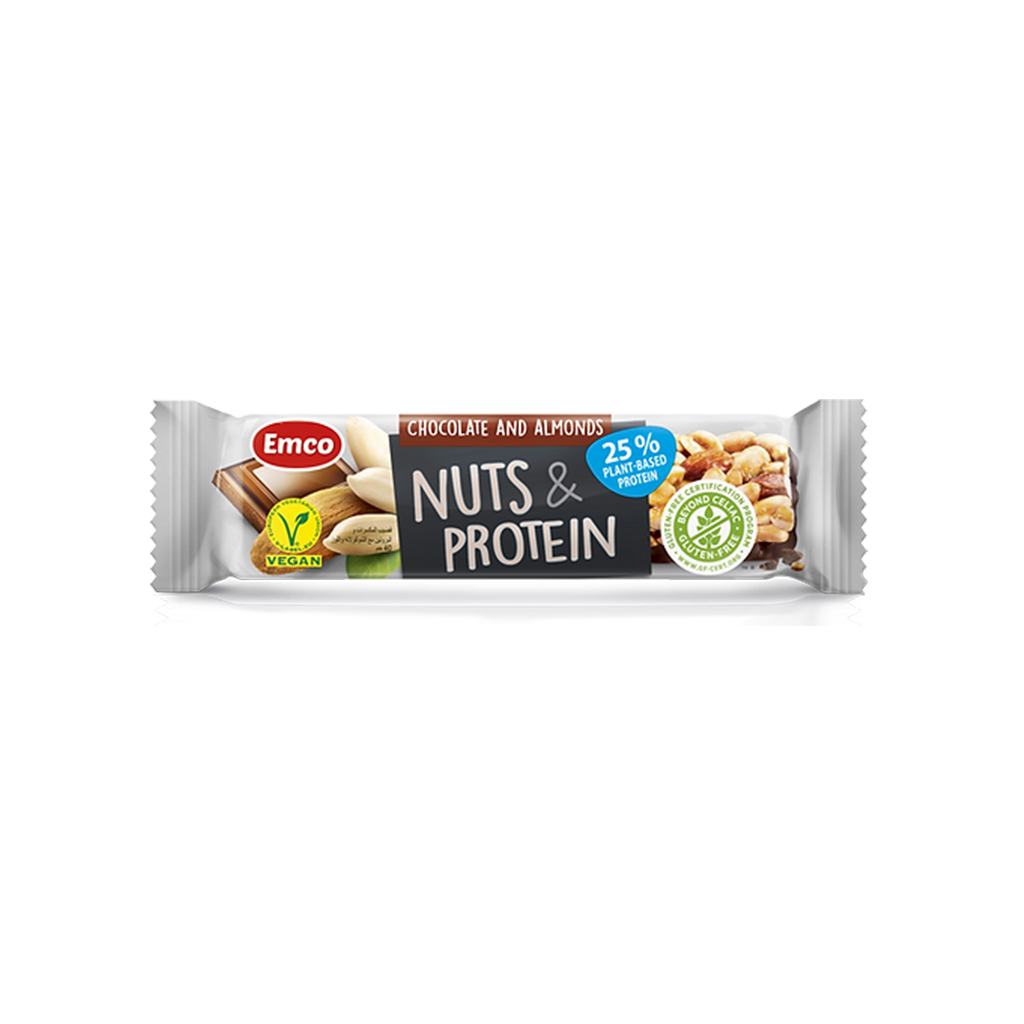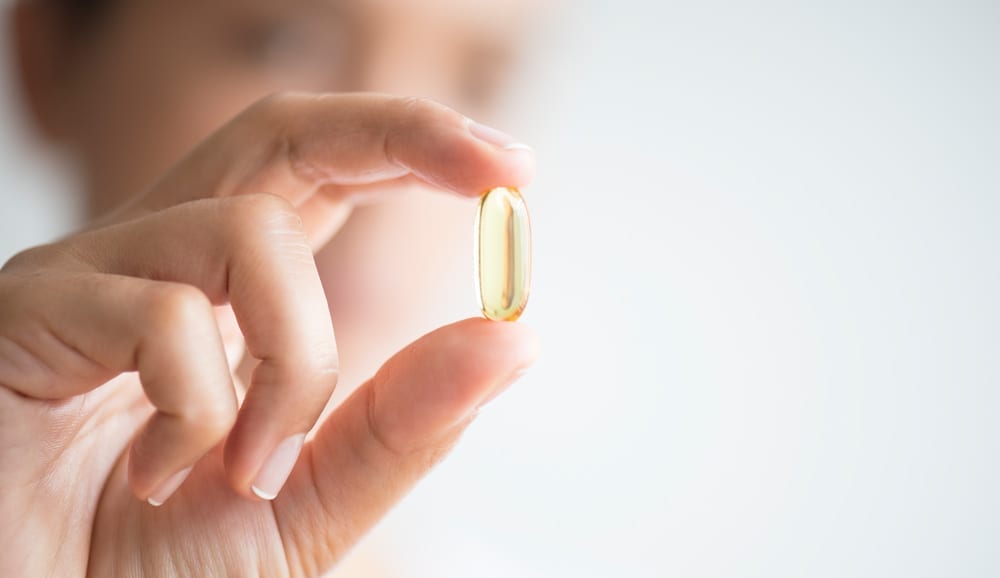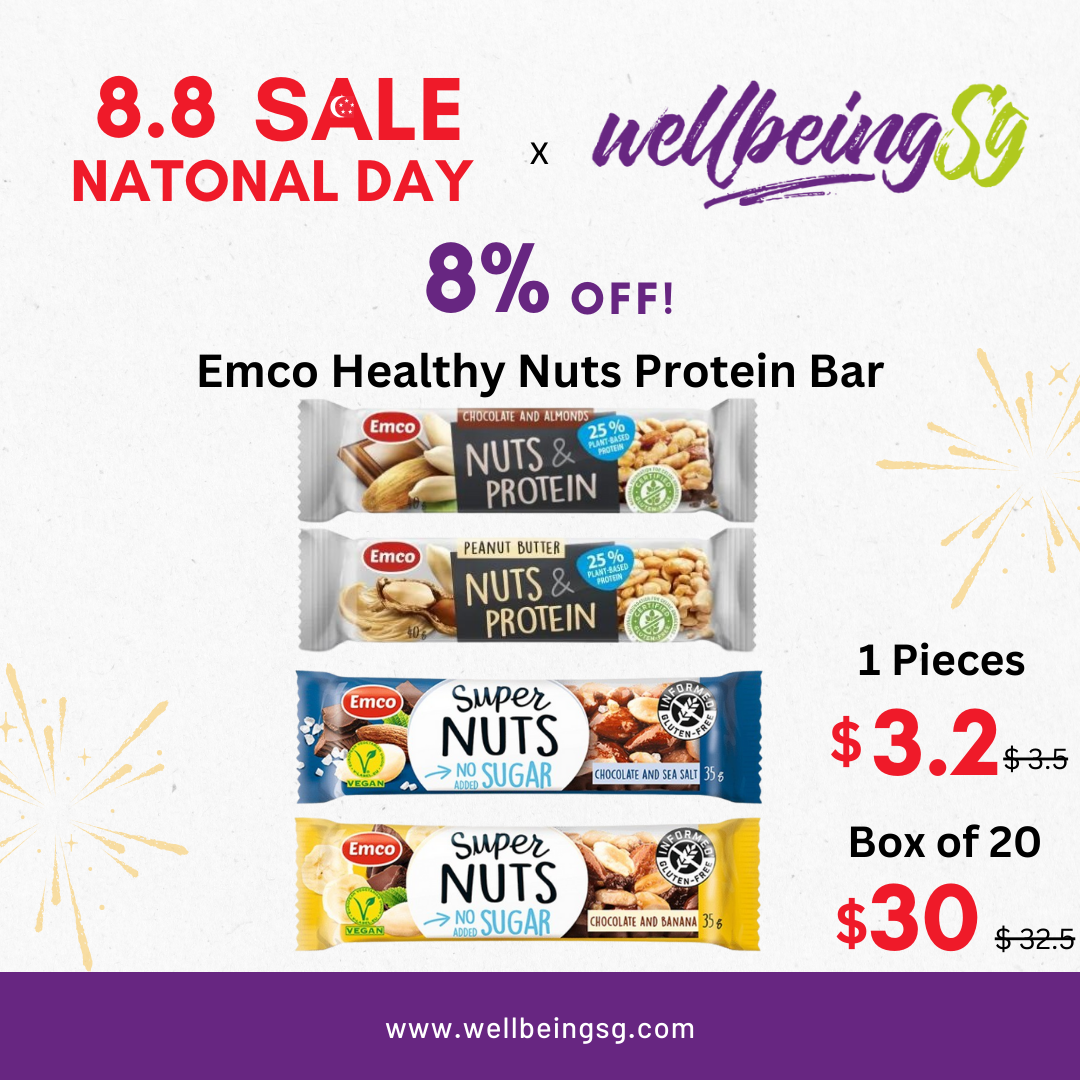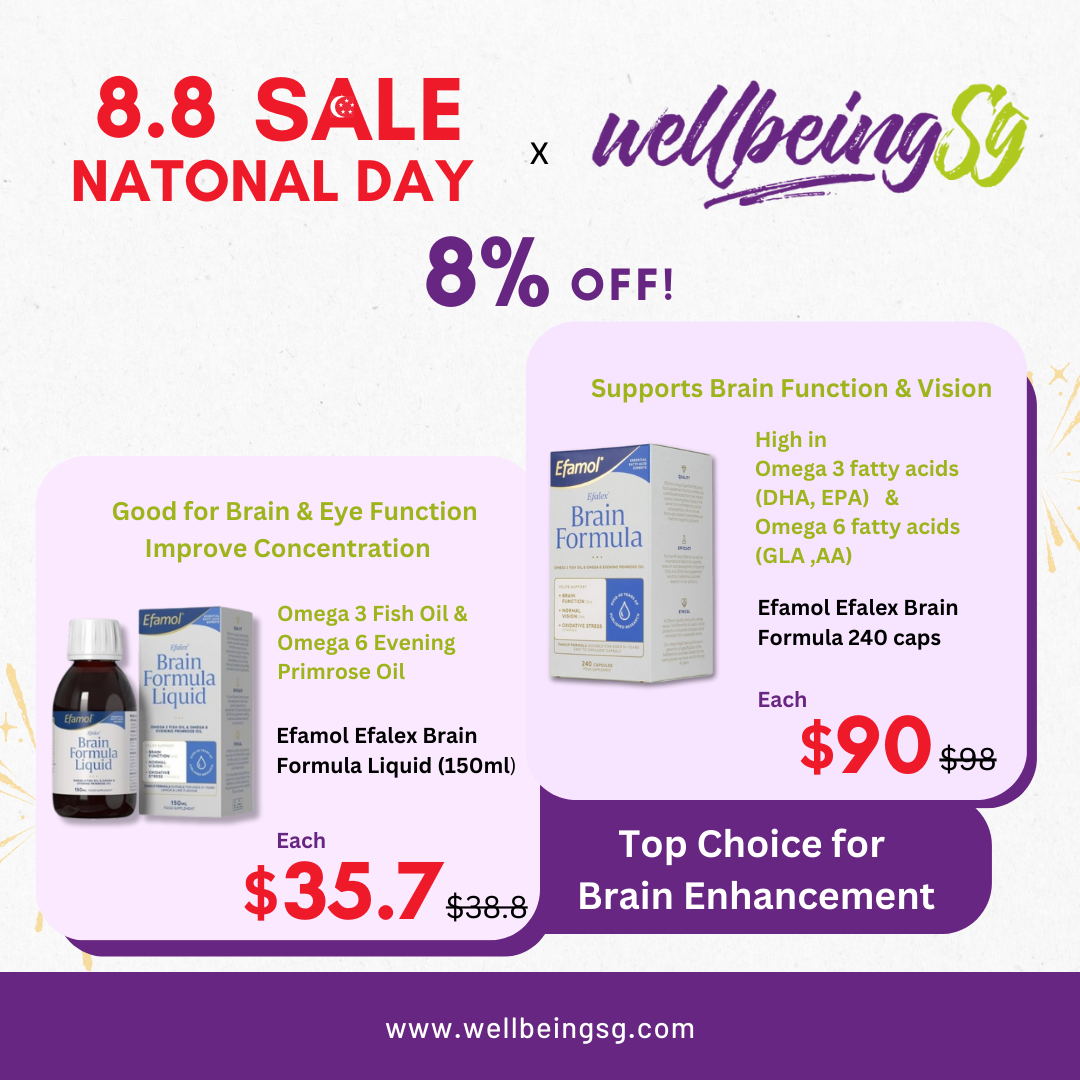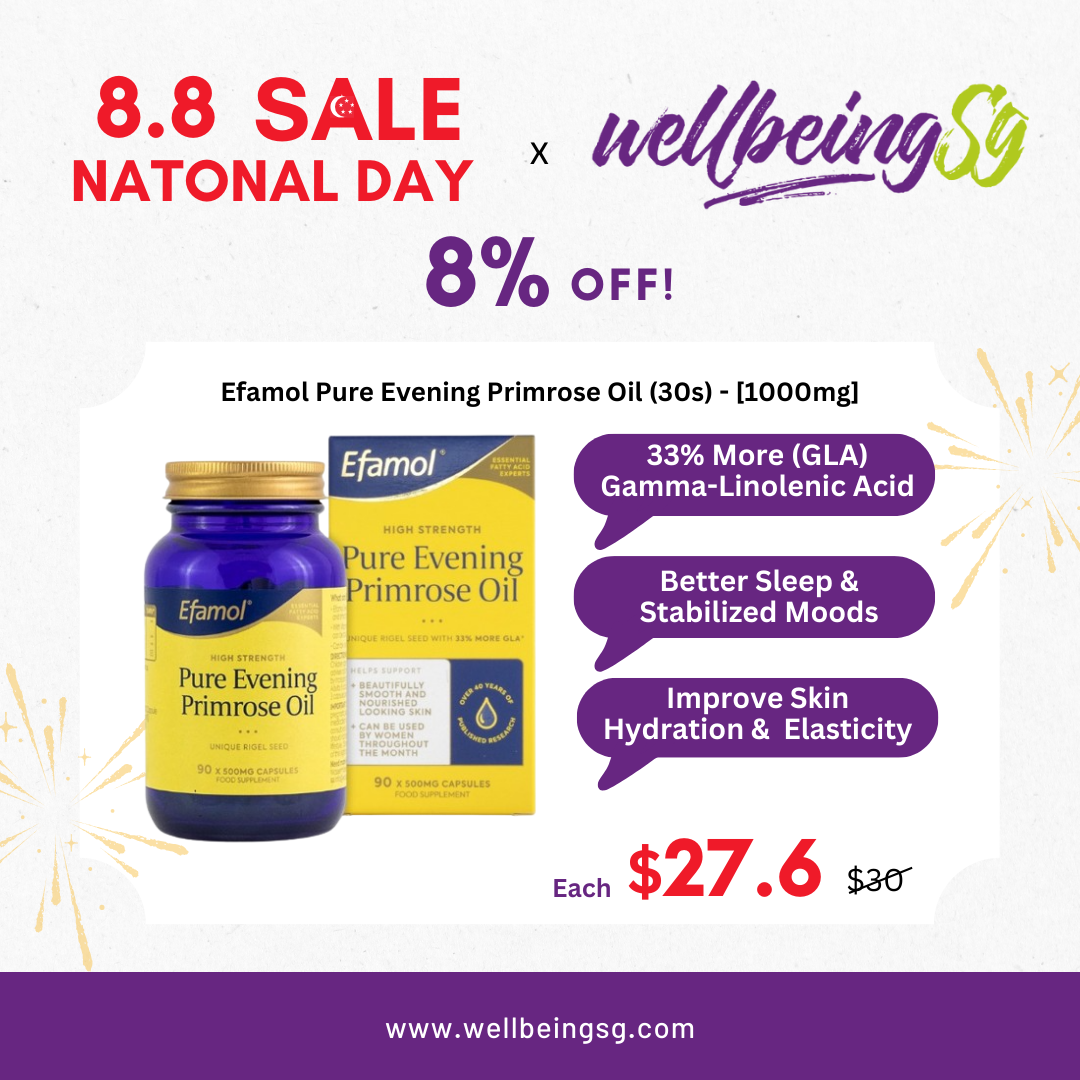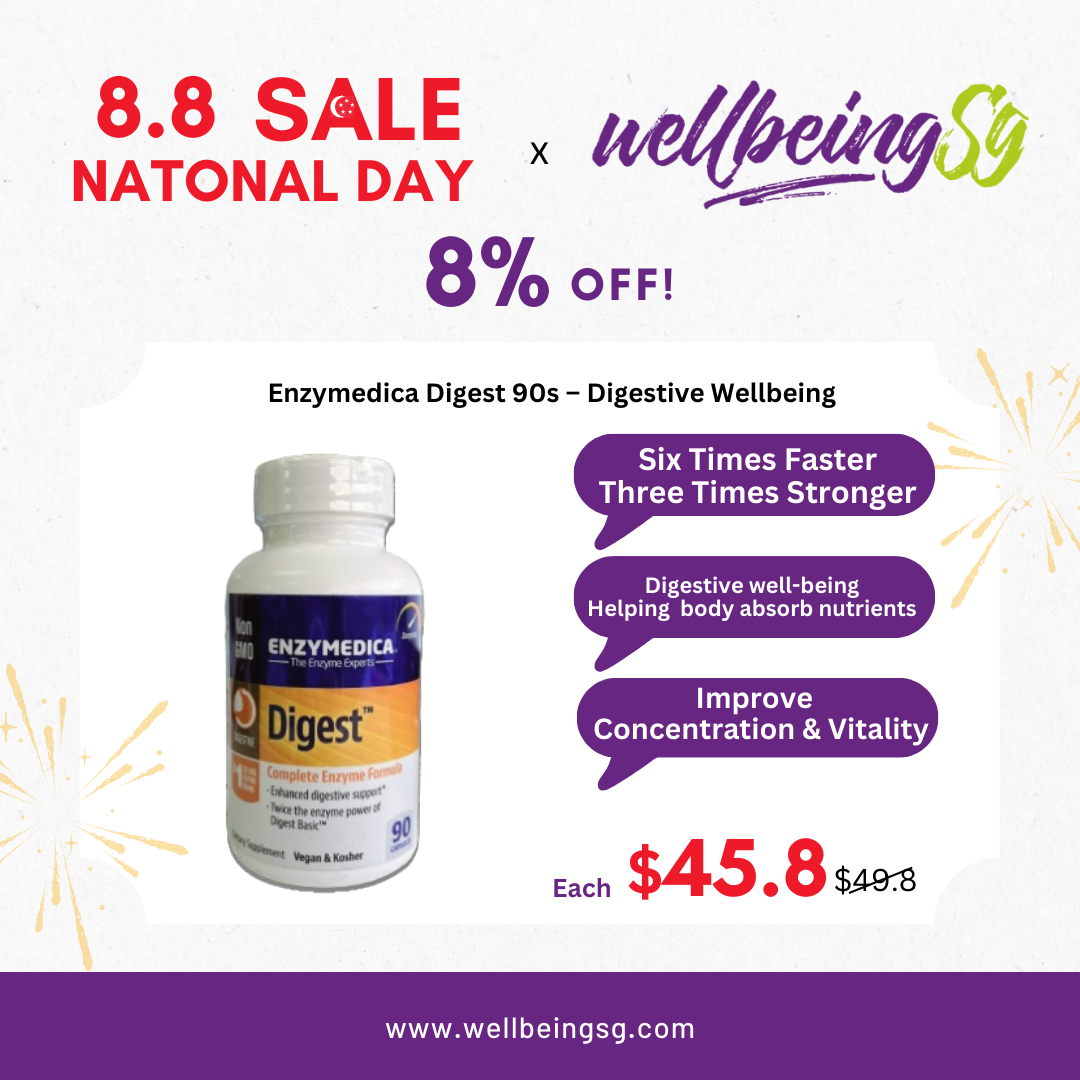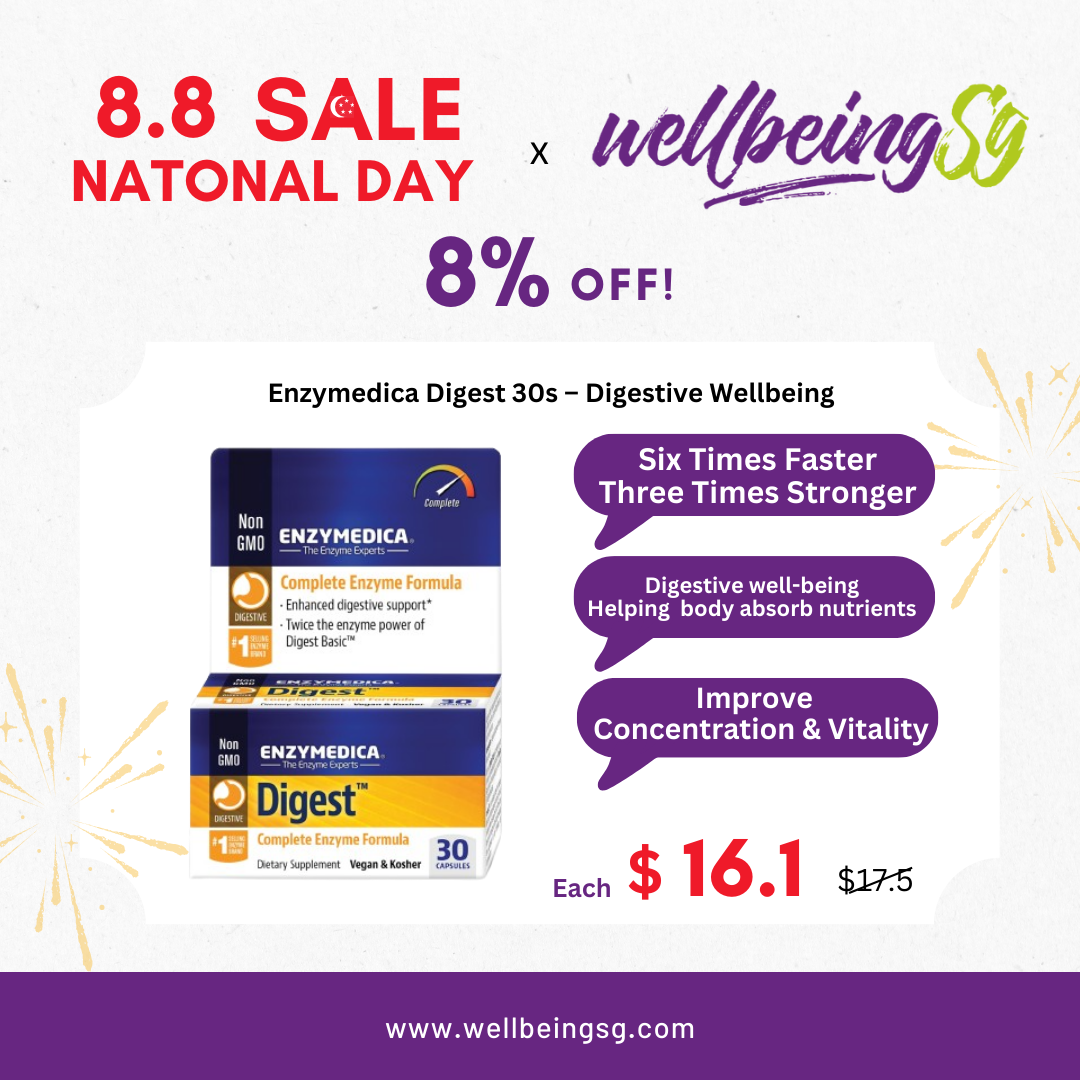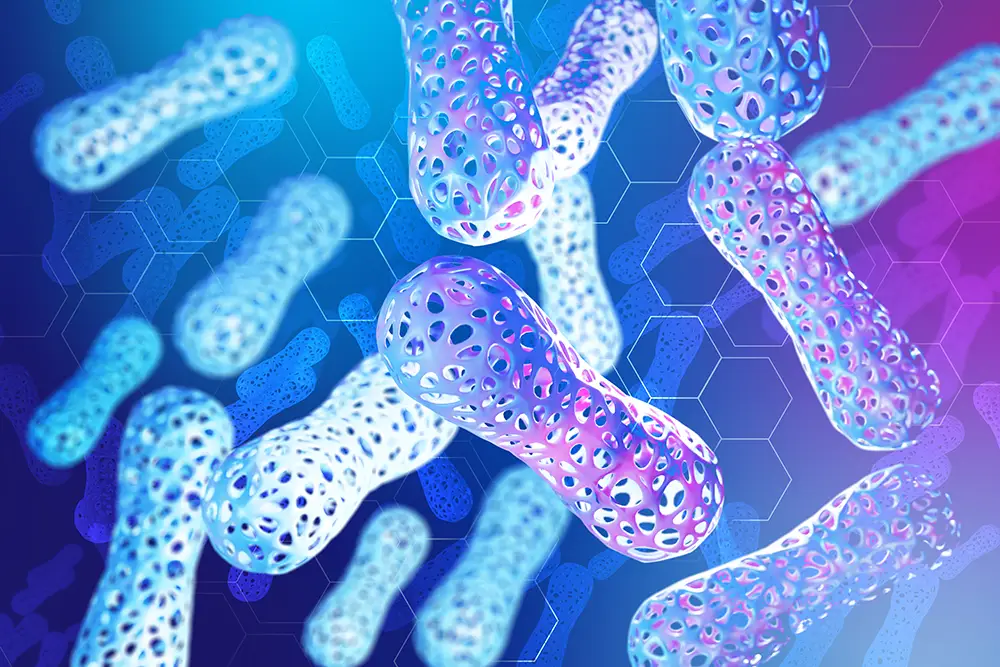What are the best protein cookies in Singapore?

Best protein cookie in Singapore
We will introduce you the best Protein cookie in Singapore. Protein cookies are nutrition cookies that contain protein levels that are higher than typical snack cookies. Depending on the brand, a protein cookie can provide a varying amount of carbohydrates and fat as well. Many protein cookies are flavored to taste like an appealing snack and are pre-packaged to be an easy food to toss in a bag on the way out the door.
Dietary purpose
Protein cookies serve a few specific dietary purposes:
- Muscle Repair and Growth: Protein is essential for muscle repair and growth. Athletes or those engaging in strength training often consume protein cookies to help meet their protein needs and support muscle recovery.
- Satiety and Weight Management: Protein can help increase feelings of fullness, which might reduce overall calorie intake and assist with weight management. A protein cookie can be a satisfying snack that helps curb hunger between meals.
- Convenient Protein Source: For people with busy lifestyles or those who are on-the-go, protein cookies provide a portable and convenient way to get a protein boost without needing to prepare a meal or shake.
- Nutritional Balance: Depending on the recipe, protein cookies can also include other beneficial ingredients like fiber, healthy fats, and vitamins, contributing to a balanced diet.
- Energy Boost: The protein content in these cookies can help maintain steady energy levels, especially when combined with carbohydrates and fats.
Are protein cookies good for you?
Protein cookies can be a healthy part of your diet if you choose the right ones. However, some protein cookies contain high amounts of sugar or undesirable ingredients like artificial flavors and colors, which can undermine health goals.
Here are some tips for selecting a better-for-you protein cookie:
- Limit Added Sugars: Aim for cookies with less than 15 grams of added sugar per serving.
- Check Protein Content: Look for cookies that provide at least 10 grams of protein.
- Avoid Artificial Ingredients: Steer clear of artificial flavors, sweeteners, and colors.
- Choose Non-GMO: Opt for cookies made without genetically modified ingredients.
- Keep it Simple: Select cookies with seven or fewer ingredients.
- Go Natural: Choose cookies flavored with natural ingredients like real peanut butter or chocolate.
- Fiber Content: Pick cookies with at least 5 grams of fiber to help you feel full and satisfied.
- Watch Saturated Fat: Keep an eye on the saturated fat content to ensure it’s low.
Protein cookie in Singapore (Justine’s – Protein cookie)
About Justine’s – The world has a universal love for cookies. But you would be hard pressed to find anyone more passionate about cookies and brownies than Justine!
Dedicated to creating compelling, guilt-free snacking solutions for anyone and everyone, Justine, who is a caring and nurturing person by nature, has developed recipes that are simply irresistible whilst helping you maintain a healthier lifestyle.
Oh, and did we mention that they are packed full of goodness too? That means you can enjoy a tasty snack knowing it is protein-rich, packed full of fiber, and is ultra-low in carbs.
SGD $4.55/1 > $13.50/3 > $27/6 > $54/box of 12
Flavors:
Afghan Crunch / Choco Fudge / Double Choc Brownie/ Chocolate Chip / Peanut Butter / Raspberry White Choc


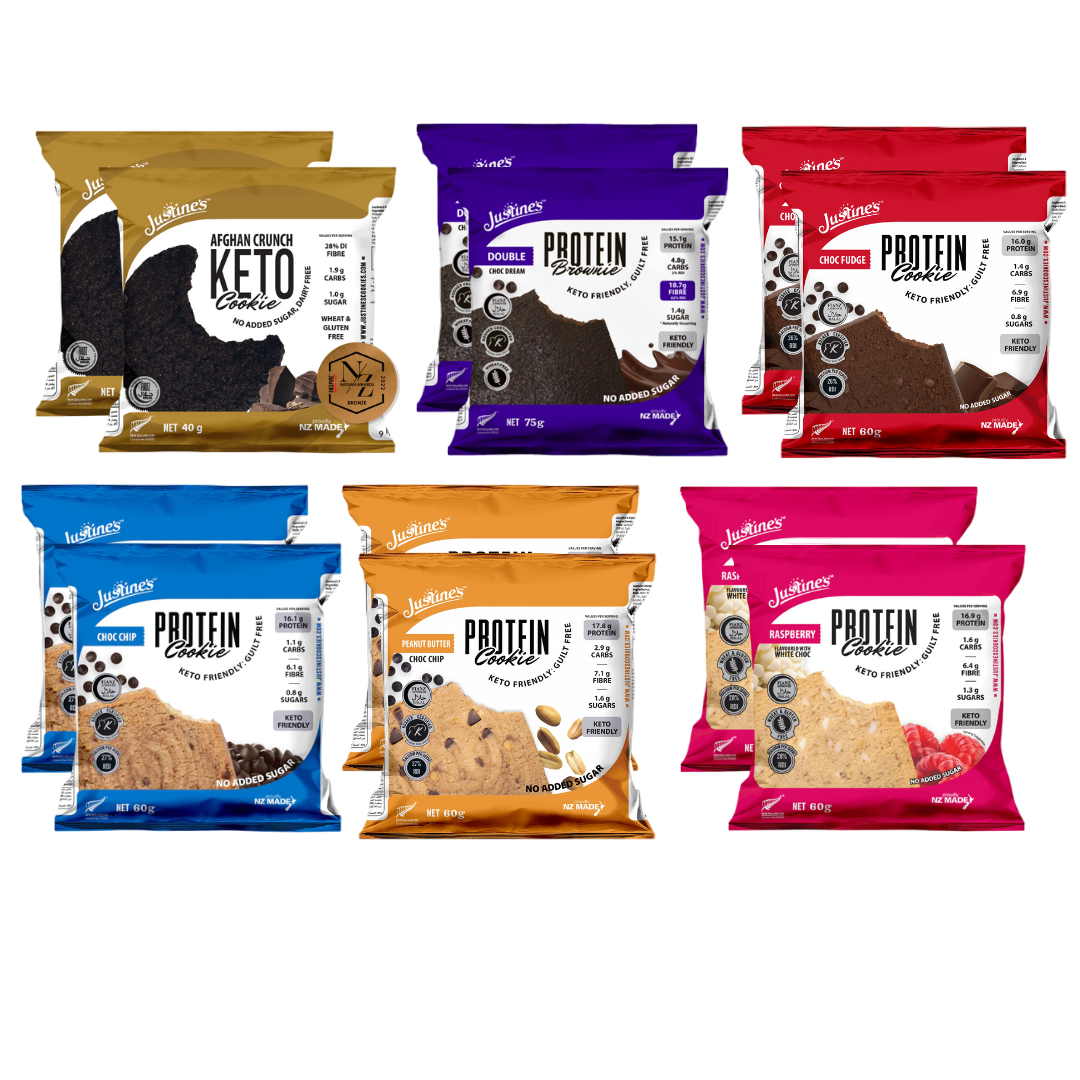 Shop Now !!
Shop Now !! 
